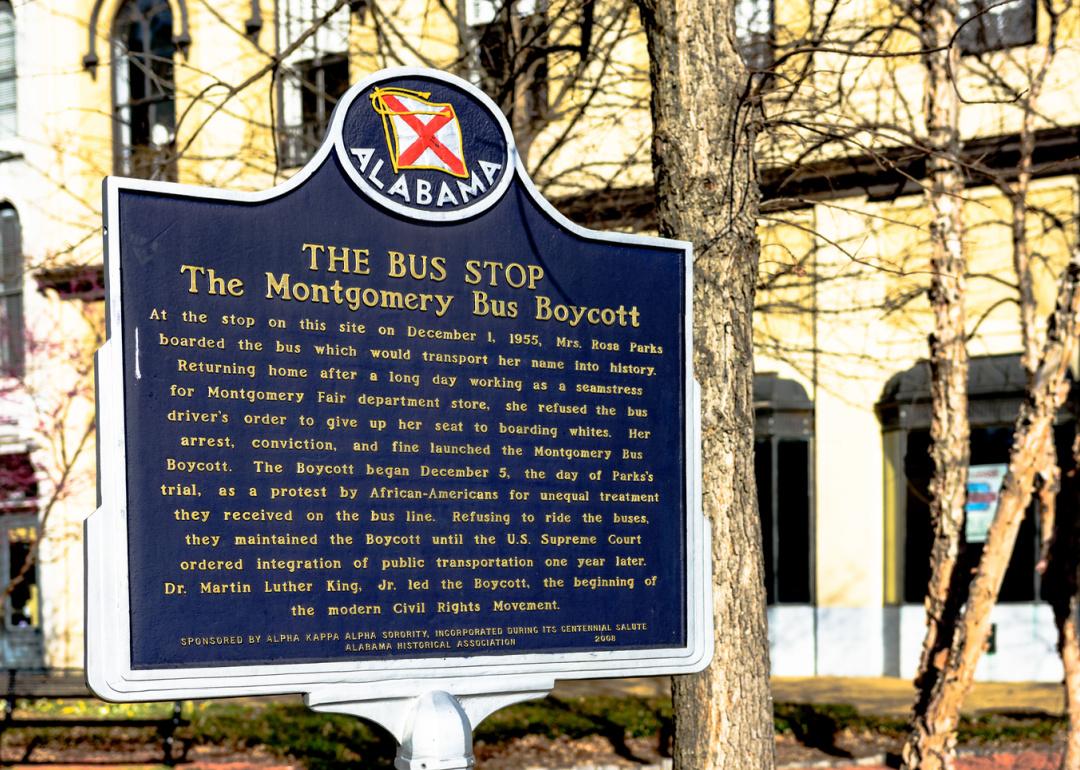
Loving wins in Virginia: A major civil rights moment in Virginia
Loving wins in Virginia: A major civil rights moment in Virginia
A land of contradictions from the outset, the United States was founded by slave owners who spoke passionately and eloquently about liberty, freedom, and justice for all. In the beginning, "all" was limited to men of European ancestry who were wealthy enough to own land. The Constitution's protections did not apply to most of the people living in America for most of America's history—at least not in full.
Women—about 50% of the population—were not included in the country's concept of "all," likewise millions of slaves—and for a long time, their offspring. Native Americans, the descendants of the original inhabitants of the United States, were commonly excluded from the promise of America, as were many immigrants, ethnic groups, and religious minorities.
Despite all the work that remains to be done, all of those groups and many others now enjoy freedoms that had to be won—won through the courts, through the court of public opinion, through mass demonstrations, through legislation, through boycotts, and in many cases, through martyrdom.
Fighting to expand the definition of "all" requires powerless people to challenge the power structures that benefit from keeping certain people locked in their status as second-class citizens. They often do it at great risk to their jobs, their reputations, their homes, and in many cases, their lives. Even so, brave advocates and activists fought the good fight in every state in America. Each state has a unique story to tell about the epic struggles for civil rights that were waged there, as well as those that continue to be waged. The following is a tiny sliver of their collective efforts.
Using a variety of sources, Stacker identified a defining moment for civil rights in all 50 states. They stand out for different reasons and led to changes that lifted different groups, but they all prove how much can be achieved—and how much still remains to be accomplished.
Keep reading to find out your state's contribution to civil rights.
Virginia: Loving wins in Virginia
In 1958, a white man named Richard Loving married his high school sweetheart—a Black woman named Mildred Jeter—in Washington D.C., and upon returning home to Virginia, the couple were arrested and jailed for violating the state's miscegenation laws. The Lovings left Virginia but were again arrested five years later when they returned to visit family. The case went to the Supreme Court and—in the most aptly named case in history—the court struck down all laws banning interracial marriage in the landmark Loving v. Virginia case.
Click here to see an event from every state or continue reading for other events near Virginia.
Kentucky: Breonna Taylor becomes a martyr for the movement
In March 2020, white police officers killed 26-year-old Black EMT Breonna Taylor in her home during a botched drug raid and a no-knock warrant obtained on flimsy evidence through clumsy police work. Her death kicked off nationwide protests against not only the killing, but police violence in general and the widespread use of no-knock warrants specifically. Further outrage and activism followed when only one officer was indicted—and only for one of his bullets hitting a neighboring structure.
Maryland: A suspicious death spotlights police violence
Baltimore became the center of this generation's civil rights struggle in 2015 when 25-year-old Freddie Gray died of a spinal cord injury he suffered under mysterious and suspicious circumstances in the back of a police van after a frivolous arrest. His case ignited protests in Baltimore and around the nation, as the all-too-familiar themes of police brutality, racism, poverty, unequal treatment under the law, and the deep distrust in minority communities of the police sworn to protect them once again surfaced.



